10 April 2025
Alright, gamers and music lovers, let's talk about something we don’t give enough credit to when we're saving virtual worlds, battling bosses, or racing through post-apocalyptic lands—music. Yep, those spine-tingling tunes that amplify every moment of your favorite games? They're not just there by accident. Behind those epic crescendos and haunting melodies lies a mastermind: the video game composer. And trust me, these folks are just as fascinating as the characters they create music for.
Ever wondered how they come up with those earworms you can’t shake off? Or how they strike a balance between music and gameplay without one overshadowing the other? Let’s dive headfirst into the minds of these musical wizards. Spoiler alert: their stories are as wild as the boss fights they soundtrack.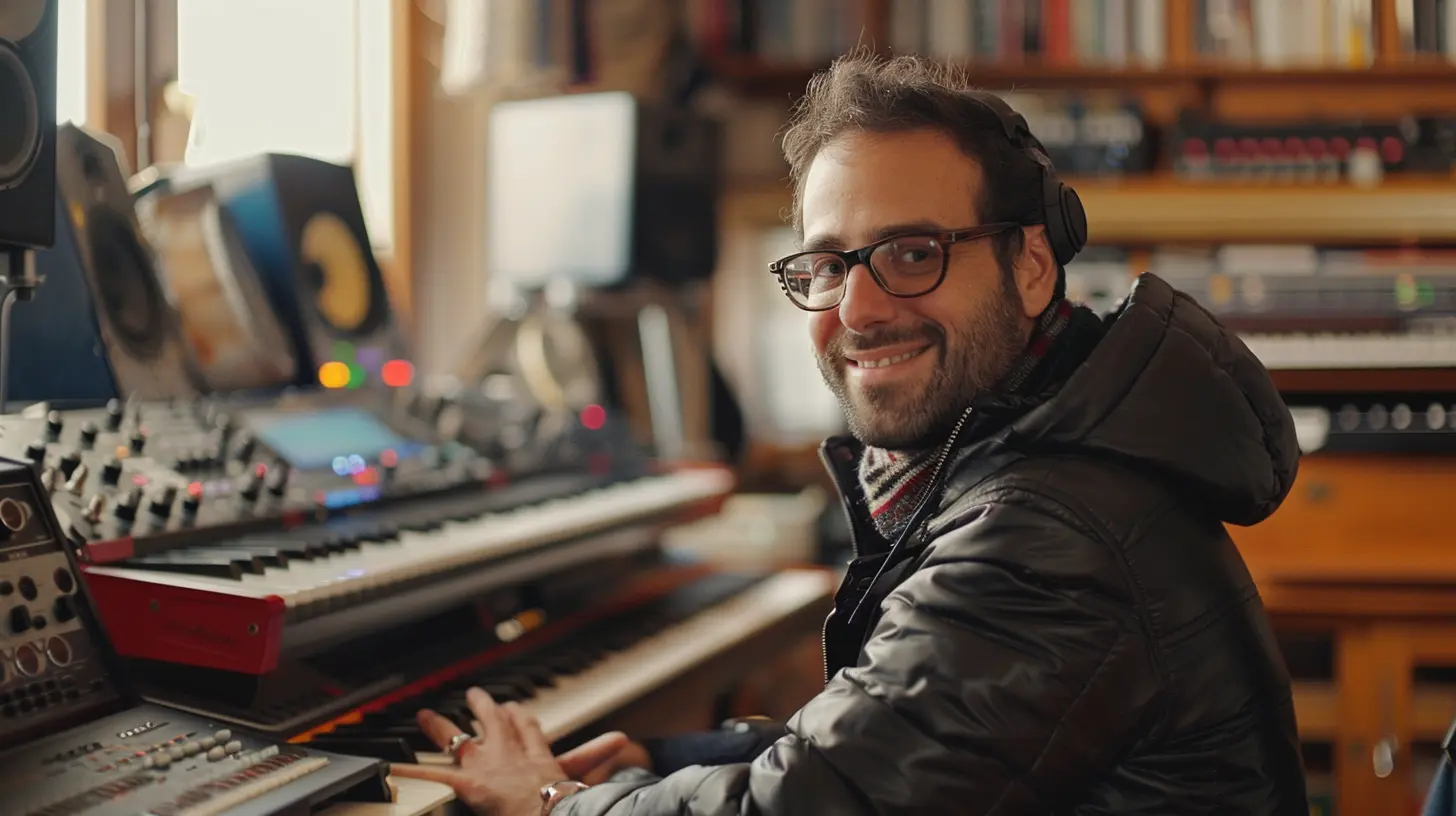
The Unsung Heroes of the Gaming Industry 🎵
Think about it—the last time you fought a God-tier boss or crept through some creepy dungeon, what was your emotional state? Heart pounding? Goosebumps? Yeah, that's the magic of a game soundtrack. It’s like salt in a dish; you don’t always notice it, but boy, would you know if it was missing.Video game composers are the unsung heroes of the industry. While graphics, gameplay mechanics, and narratives often hog the limelight, it’s the music that stitches it all together. It’s what makes moments memorable. Like, would "The Legend of Zelda" even feel the same without its iconic theme? (Spoiler: Nope.) 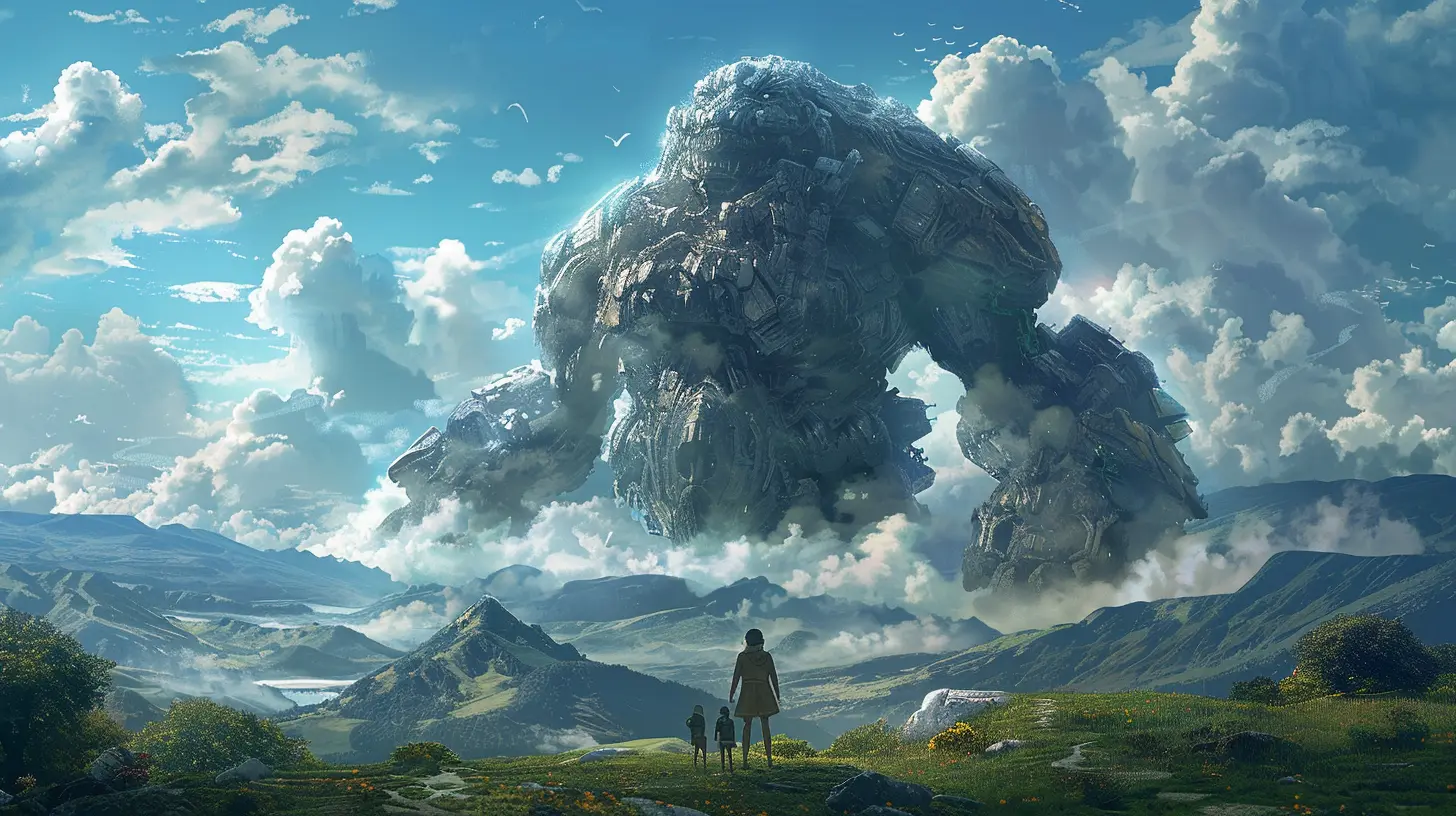
Meet the Masters: Why Composers Are Straight-Up Legends 💿
Game composers are like mad scientists in a sound lab. They dissect emotions, amplify tension, and create vibes—all while staying in sync with a game’s pace. It’s not just chucking together a playlist. Oh no, my friend. They have to think about mood, player immersion, rhythm, and sometimes even player reactions.And trust me, getting into the heads of these composers is like opening Pandora’s box of creativity. From orchestral scores to 8-bit bops, their range is jaw-dropping. So, let’s meet some creative geniuses—shall we?
1. Gareth Coker: The Maestro of Emotion
If you haven’t experienced the tear-jerking beauty of Ori and the Blind Forest or its sequel Ori and the Will of the Wisps, stop reading and go play them. (No, seriously. Go.) Gareth Coker is a master of manipulating your emotions through music. His work is practically a crash course in "how to make gamers cry, laugh, and YEET themselves past enemies—all at once."In an interview, Coker once said he starts composing by walking through the game’s world himself. Yep, he immerses himself in the actual gameplay, soaking in the visual aesthetics and mood before touching a single note. It’s like tailoring a suit—you need to measure every detail to ensure a perfect fit.
The result? Scores that don’t just accompany the game but become an integral part of the storytelling. Forget background music—this is foreground emotion at its finest.
2. Jesper Kyd: The Hitman of Musical Masterminds
You’ve undoubtedly heard Jesper Kyd’s work if you’ve ever stalked your prey in the Hitman series or parkoured your way through Assassin’s Creed. This guy doesn’t just make music; he builds soundscapes that transport you directly into the game's universe.One of Kyd’s trademarks is blending electronic beats with traditional orchestral elements, creating soundtracks that feel futuristic yet grounded. In an interview, he confessed to spending hours layering sound effects into his compositions. The dude is out here mixing like he’s creating the next big club anthem—but for assassins.
What sets him apart? He understands timing. In games like Hitman, where stealth and patience are king, Kyd synchronizes music with the player’s actions so seamlessly it feels like the game is reading your mind. Creepy or genius? You decide.
3. Lena Raine: The Queen of Melancholy and Hope
If Celeste didn’t rock your world and tug at your heartstrings, we need to talk. Lena Raine’s score for this indie masterpiece isn’t just music—it’s therapy. Her compositions somehow channel the struggle of protagonist Madeline battling not only a mountain but also her inner demons. In interviews, Raine has revealed that she draws inspiration from her own emotional experiences. Yep, she pours her heart onto those keys, creating melodies that feel personal yet universally relatable. Her music serves as both a challenge and a hug. It's like the sonic equivalent of "you got this."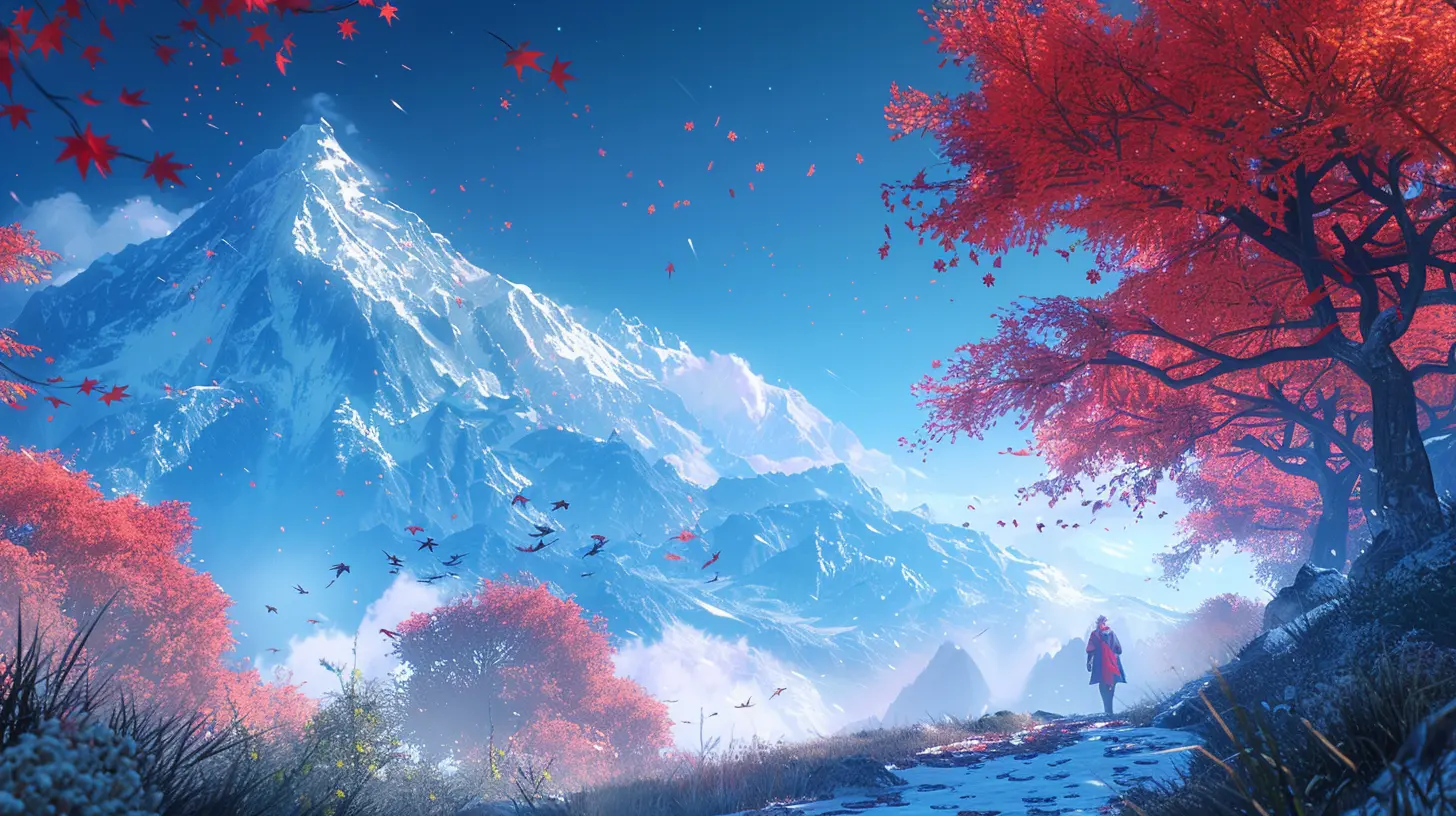
What’s the Secret Sauce? 🎶
Okay, so how do these composers create tracks that make you want to cry, fight, and dance all at once? Spoiler alert: It’s not just talent—they live and breathe collaboration.Game scoring is a team sport. Composers work with developers, sound designers, and even playtesters to ensure the music complements the game instead of overshadowing it. Think of it like seasoning a dish. Too much salt? Overpowering. Too little? Bland. Perfect balance? Chef’s kiss.
Here’s another thing they nail: themes. Composers often create musical motifs (a.k.a. recurring themes) that tie the whole game together. It’s why you immediately think of Final Fantasy when you hear that iconic prelude or get all nostalgic when the opening notes of Mario play. These motifs create emotional anchors for the player, subtly guiding their mood throughout the experience. Genius, right?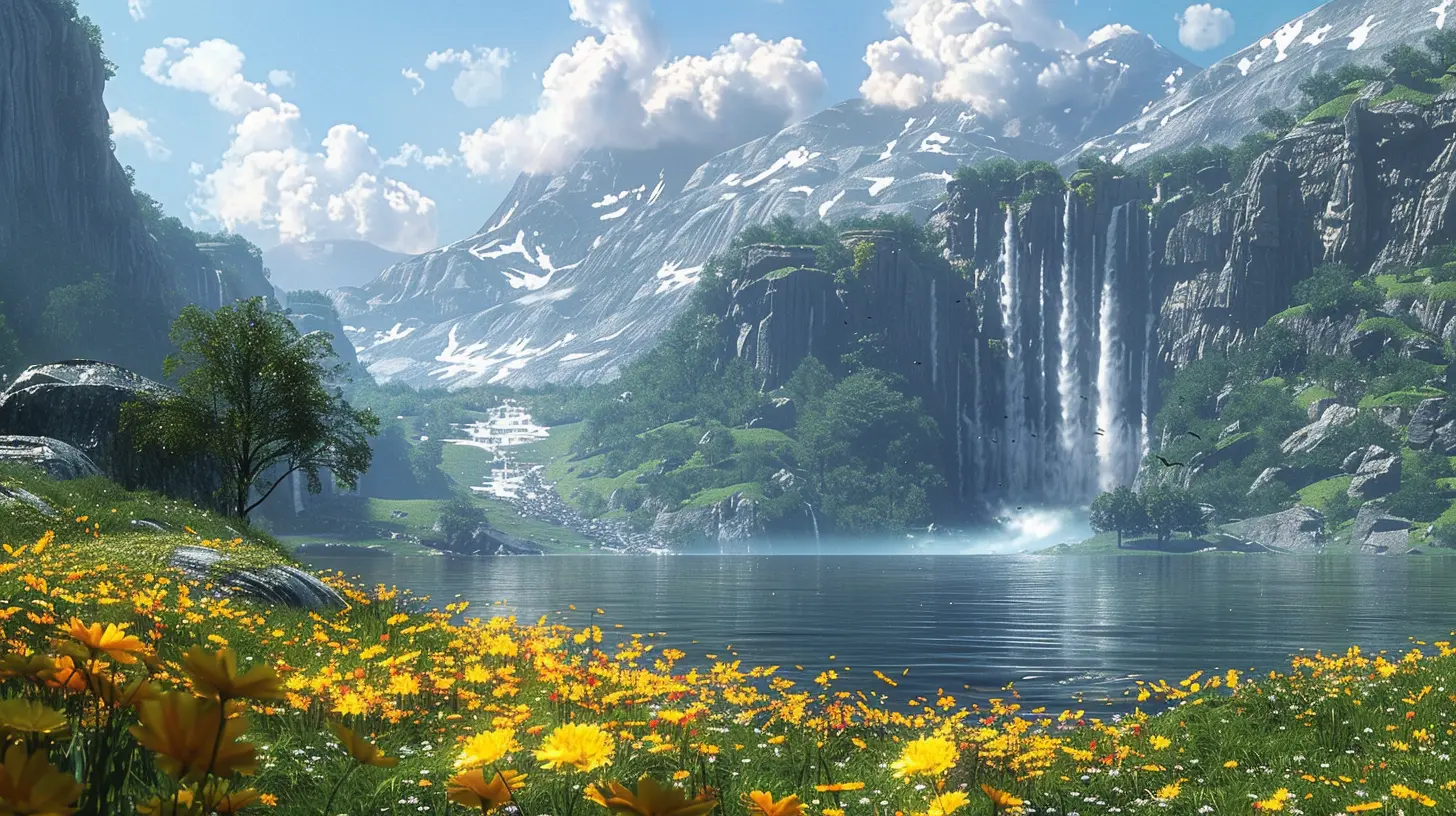
From Bits to Beats: The Evolution of Game Music 🎮🎼
Let’s take a moment to appreciate how far we’ve come. Back in the day, game music was limited to 8-bit bleeps and bloops. Yet even with those constraints, composers managed to craft some of the most recognizable tunes in gaming history (looking at you, Tetris).Fast-forward a few decades, and we’re now getting full-blown orchestral scores that rival Hollywood blockbusters. Games like The Last of Us and Red Dead Redemption 2 use music to evoke such raw emotion, you might as well hand them a Grammy.
But here’s the plot twist—retro-style soundtracks are making a comeback. Many indie games are resurrecting that nostalgic 8-bit charm, proving that sometimes, less is more. It’s like the vinyl of gaming soundtracks—classic never goes out of style.
The Future Sounds Epic 🚀
So, what’s next for video game music? If the current trend is anything to go by, we’re in for a treat. With advancements in AI, VR, and adaptive music technology, composers will soon be able to create dynamic soundtracks that shift based on player actions in real time. Imagine a world where the music changes its tempo as you sprint or intensifies when you’re in danger. Yep, it’s happening.But technology aside, one thing’s for sure: composers will continue to push boundaries. Because let’s face it—games without music are like pizza without cheese. Fun? Maybe. Legendary? Never.
Why You Should Care About Game Soundtracks 👀
Look, I get it. Music isn’t always the first thing you think about when picking up a controller. But the next time you’re absolutely vibing while dodging enemy attacks or tearing up at a heartfelt cinematic, pause for a second. Think about the composer who poured their soul into that moment. They didn’t just make music—they made memories.And if you’re still not convinced, do yourself a favor and listen to some soundtracks outside of the games. I promise, your Spotify playlist will thank you.
Final Thoughts 🎧
Video game composers are the architects of emotion. They craft the soundtracks of our digital lives, making us feel everything from triumph to despair. They’re not just musicians—they’re storytellers, weaving tales with every note. So let’s give credit where it’s due and celebrate the legends behind the music.Next time you boot up your favorite game, crank up the volume and let the music take center stage. Because behind every epic moment is a composer who made it unforgettable.

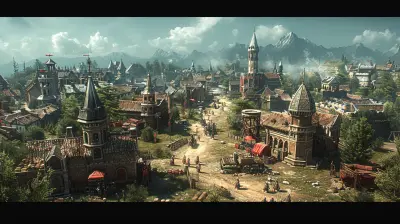
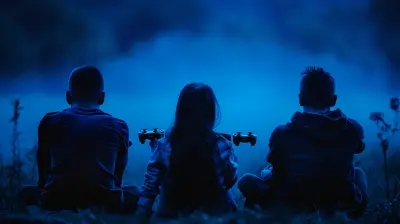
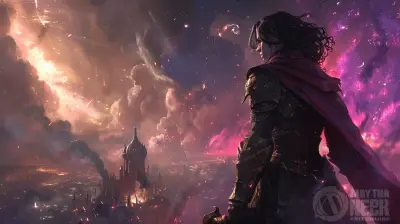
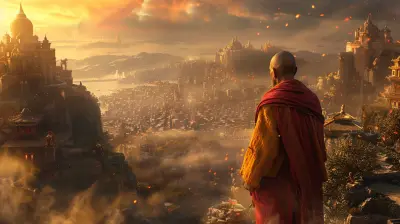
Oscar McKale
Inspiring insights—music truly elevates gaming experiences!
April 18, 2025 at 3:39 AM